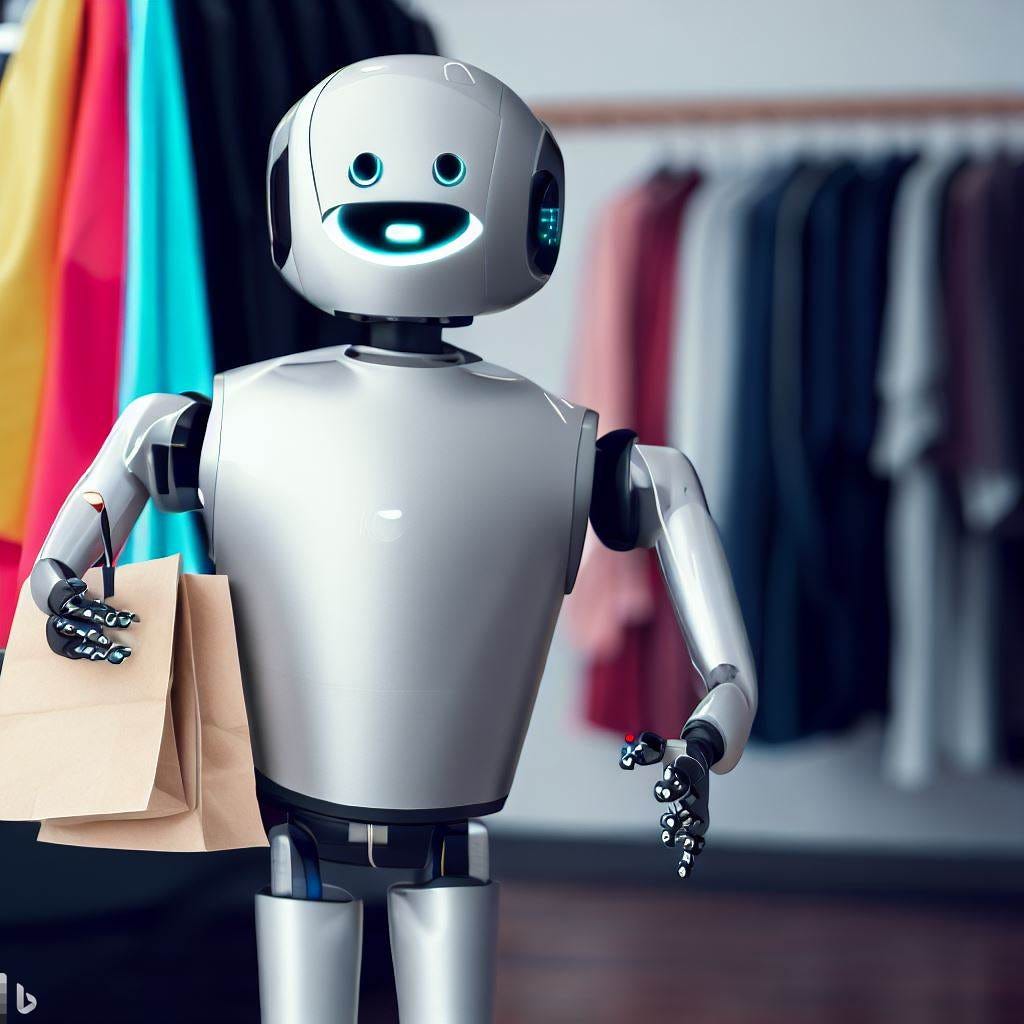AI in Retail: The Future of Shopping
With the AI revolution in full swing, the retail industry is at the forefront of change.
With the AI revolution in full swing, the retail industry is at the forefront of change. As we approach the next decade, it is evident that artificial intelligence is revolutionizing the way we shop and transforming the retail landscape. The innovations brought about by AI are truly game-changing and captivating.
An example of this innovation is dynamic pricing, a pricing strategy that uses machine learning algorithms to adjust prices in real-time. Walmart, one of the globe's retail giants, has significantly implemented this AI-powered technology. By analyzing millions of data points, including customer behaviour, market demand, and competitor pricing, Walmart can make instantaneous pricing decisions that drive sales and maximize profits. This approach allows retailers to be timelier, more strategic, and, ultimately, more competitive.
Similarly, AI is revolutionizing the customer service experience. Take the proliferation of chatbots, for instance. These AI-driven tools have evolved beyond simple text-based response systems. They're now capable of sophisticated interactions, providing personalized customer service and recommendations. Companies like Sephora have capitalized on this technology, employing chatbots to offer customized beauty advice, enhancing the customer's shopping experience and fostering brand loyalty.
Even the physical spaces of retail are not immune to this AI transformation. Amazon Go stores, with their 'Just Walk Out' technology, are a testament to the disruptive potential of AI in retail. This groundbreaking technology uses machine learning, computer vision, and sensor fusion to eliminate the need for traditional checkout processes. The result is a seamless, frictionless shopping experience that saves consumers time and reimagines the possibilities of in-store retail.
The future of AI in retail is a tapestry of endless possibilities. For example, imagine a world where virtual reality (VR) fitting rooms powered by AI algorithms enable shoppers to try on clothes virtually from their homes. Or consider a scenario where AI-powered predictive analytics could forecast fashion trends, helping retailers to optimize their inventory and reduce waste. These are not far-off fantasies; they're the future of retail as we know it.
However, as we navigate this brave new world of AI-powered retail, we must also grapple with the ethical implications. Issues of data privacy and job displacement are among the most pressing. As we harness the power of AI, we must also foster a culture of responsibility and transparency. This includes adopting stringent data privacy measures and developing workforce retraining and upskilling strategies.
To sum up, AI offers a promising horizon for the retail sector. Its vast potential lies in enhancing the customer experience, optimizing operations, and discovering fresh business prospects. The task for retailers is not whether to embrace AI, but rather how to implement it effectively.
The question is, are we ready for the future of shopping?


